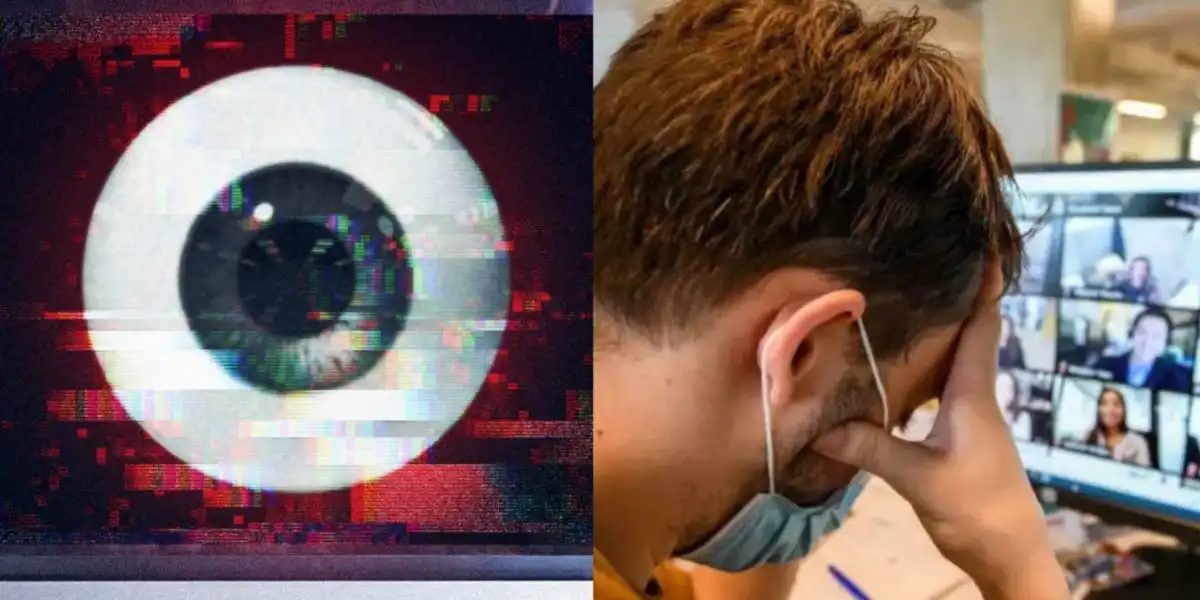If you work remotely, your bosses are probably using software to track you. Here's how they'll catch you slacking off.
If you work remotely, your bosses are probably using software to track you. Here's how they'll catch you slacking off.

www.businessinsider.com
If you work remotely, your bosses are probably using software to track you. Here's how they'll catch you slacking off.

